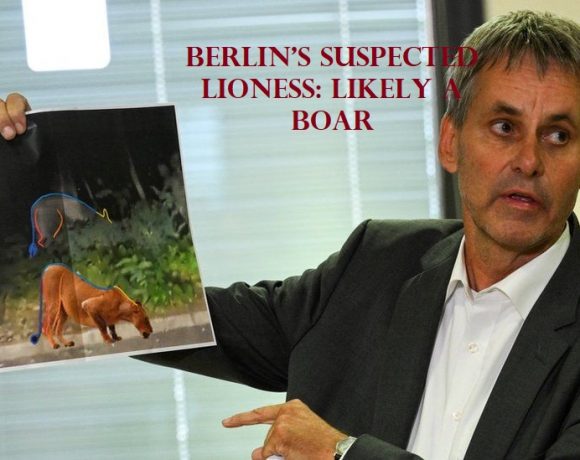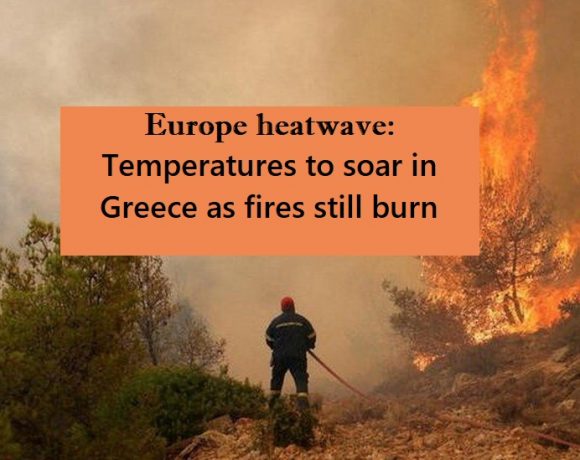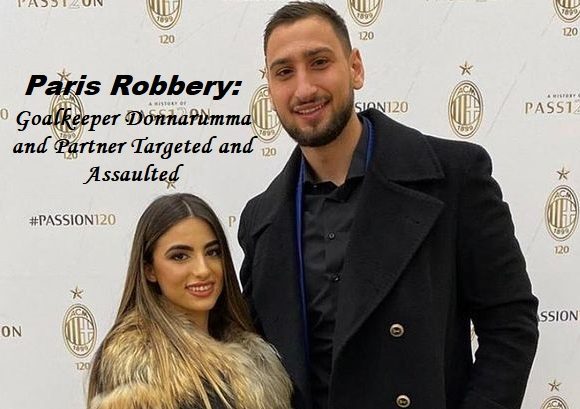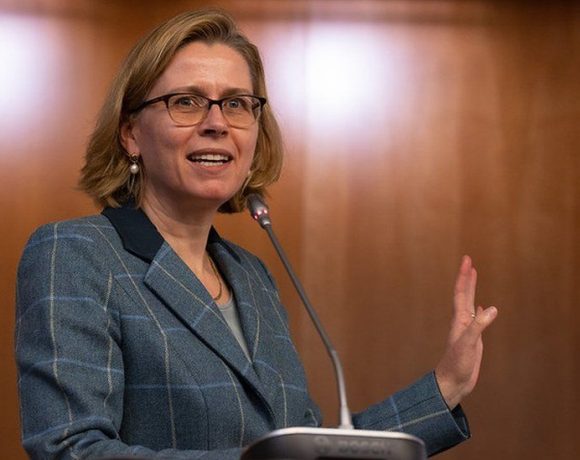Greece is preparing for another intense heatwave this weekend, with meteorologists warning that temperatures could soar as high as 45C (113F). As a result, people have been advised to stay indoors, and popular tourist sites, including the historic Acropolis in Athens, will be closed during the peak heat hours over the next two days.
This heatwave could potentially become Greece’s hottest July weekend in the past 50 years, according to a prominent meteorologist. At the same time, firefighters are still battling numerous wildfires across the country, and emergency officials are cautioning about a high risk of new blazes.
Several regions, such as Western Attica, Laconia, and Rhodes, have been severely impacted by the ongoing fires. In response to the crisis, Greece’s EU partners have offered assistance, with firefighting planes from France and Italy, as well as over 200 firefighters from Poland, Slovakia, Romania, and Bulgaria. Even neighboring Turkey is providing aircraft to help combat the fires.
The heatwave has struck at a particularly busy time for Greece’s tourism industry. The Hellenic National Meteorological Service (HNMS) predicts that central and eastern parts of the country could see temperatures reach up to 44C on Saturday, with an even hotter Sunday potentially hitting 45C in central Greece. Meteorologists are warning that Athens might experience temperatures above 40C for an extended period until the end of July.
Officials are concerned that this could be the most severe heatwave since 1987 when hundreds of deaths were attributed to extreme weather conditions. Several people have already lost their homes to the wildfires, with entire villages being consumed by the blazes.
Climate change is exacerbating the risk of hot and dry weather, which fuels wildfires. With temperatures already having risen by approximately 1.1C since the start of the industrial era, urgent action to reduce carbon emissions is needed to prevent further temperature increases.
Spain and Italy have also experienced intense heat this week in the Mediterranean region, while parts of the United States are also witnessing record-breaking temperatures.
Picture Courtesy: Google/images are subject to copyright










